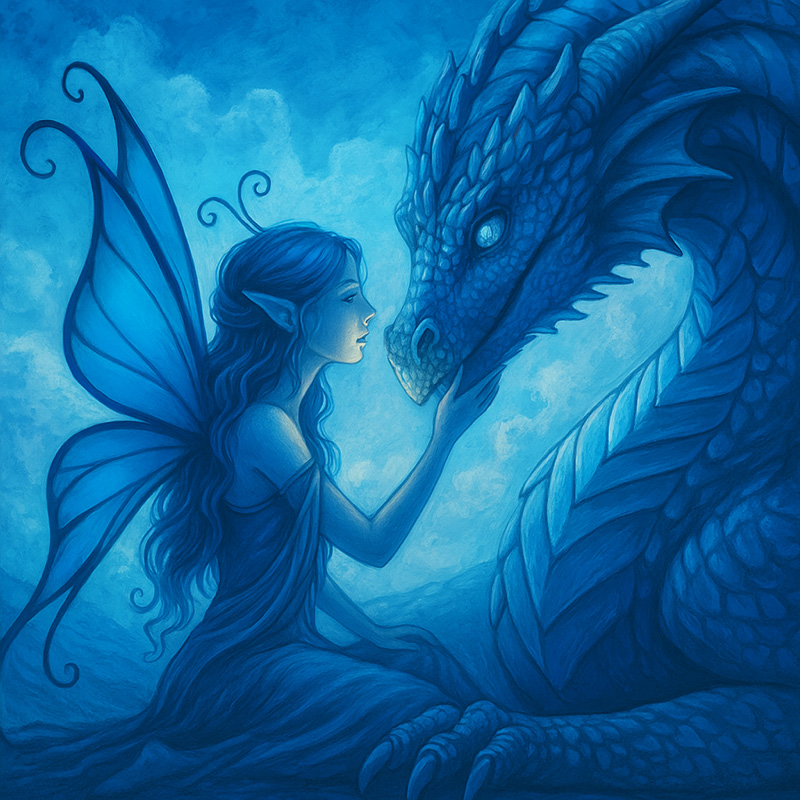Author: Tara Maya
-

Three Problems With Middle Novels
The Unfinished Song series is half-way through. Not coincidentally, I’ve been obsessing lately about how to write solid “middles.” Haven’t you noticed how sometimes, especially in a long series, some of the middle novels end up falling flat? Here are the three biggest ways I’ve seen series fall on their face in later novels: 1.…
-

Render by Heidi C. Vlach
In a far distant land, where magic flows and legends bloom, three races face their troubles together. A TROUBLED COMMUNITY The insect-like aemets built new homes under mountain maples, and they wished for luck. But the years brought them much work and meagre reward. After poor harvests and a brush with forest fire, now wolves are…
-

Shadowhero by Jacob Dunn
Ninth-grader Jared Brooks is tortured by the shadows of his life. The shadows distract him during tests, they keep him up at night, they bring out the worst in him. And they give him so much power that he almost never loses in a fight. Sadie knows what Jared is and what he can do.…
-

7 Things I’ll Be Blogging About
This is going to be one of those blogging about blogging posts. Over in the Archive of my blog, is a list which reminds me how often I’ve posted a month. The last year looks like this: ► July(5) ► June(20) ► May(4) ► April(2) ► March(1) ► February(6) ► January(11) Seriously, Tara? That’s pathetic.…
-

Book Trailer: STYXX by Sherrilyn Kenyon (Update)
Sherrilyn Kenyon is one of the few authors I can honestly say I found through her book trailers. She has a lot of them, and they are always fun. I read here that it was no coincidence I found Kenyon through her trailer. There was a huge campaign associated with her first book trailer. With…
-

Sharknado in Two Minutes
My son is having a birthday party this month. He’s turning seven. Water slide, kiddie pool, water guns and inflatable sharks. The theme: Sharknado! If you still haven’t seen this glorious masterpiece, here’s the movie in a nutshell:
-

Kindred by Nicola Claire
“You may not be aware, ma douce, but not all vampyre have a kindred, some will live out their existence without such beauty in their lives. I have waited five hundred years for you.” Vampires, shape shifters, ghouls and magic users abound in a world where the Norms, (those humans without paranormal abilities) are ignorant…
-

Should All Literature Be Licensed?
Flavorwire raised an interesting point in the article Why You Should Worry About Amazon Buying the Right to Publish Kurt Vonnegut Fan-Fiction by Michelle Dean. Should all literature be licensed? The Kindle Worlds program, which struck the deal, has in the past limited its acquisition of rights to series like The Vampire Diaries. Vonnegut is a bit of…
-

Halfway (Wizards and Faeries) by Stephanie Void
The world of Halfway is the anti-Harry-Potter: the wizard school is part of a shadowy organization that takes the students by force from their families. And the outside world isn’t much better: if you are a wizard, you are looked upon with fear because of what you represent. In the midst of this, in secret,…
